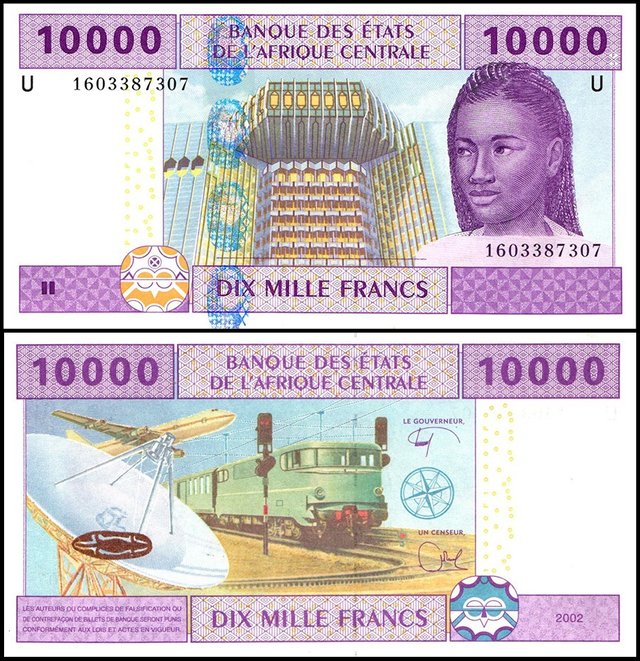Introduction:
Welcome back to our Financial Literacy for Beginners series! Today, we'll dive into the critical topic of emergency savings and why it's essential for your financial well-being.
What is an Emergency Fund?
It's money set aside specifically to cover unexpected expenses or emergencies, such as car repairs, medical bills, or sudden job loss. Think of it as your rainy day fund—it's there to help you weather life's storms without drowning in debt or stress.
Why You Need an Emergency Fund:
Protection from the Unexpected: Life is full of surprises, and not all of them are pleasant. An emergency fund shields you from the financial fallout of unexpected events, giving you peace of mind and stability when things go awry.
Peace of Mind: Knowing you have money set aside for emergencies can ease your worries and help you sleep better at night. It's like having a financial safety blanket—you know it's there if you need it.
Avoiding Debt Traps: Without an emergency fund, you might resort to borrowing money or using credit cards to cover unexpected expenses. This can lead to high-interest debt and a cycle of financial hardship. An emergency fund helps you break free from that cycle by providing a cash buffer when you need it most.
How to Build Your Emergency Fund:
Set a Goal: Start by determining how much you want to save in your emergency fund. Aim for at least three to six months' worth of living expenses, but start small if that seems overwhelming.
Start Saving: Every little bit counts. Arrange for automatic transfers from your checking account to your emergency fund savings account monthly. Even small deposits can grow substantially over time.
Cut Back on Expenses: Look for ways to trim your budget and redirect those savings to your emergency fund. Cut out unnecessary expenses or find cheaper alternatives where you can.
Use Windfalls Wisely: Put unexpected windfalls, like tax refunds or bonuses, directly into your emergency fund. It's a quick way to boost your savings without feeling the pinch.
Keep it Accessible: Choose a savings account that's easy to access in case of emergencies. Avoid locking your money away in investments or accounts with penalties for early withdrawals.
Conclusion:
Building an emergency fund is a smart financial move that can provide security and peace of mind in uncertain times. By setting aside money for emergencies, you're investing in your future and protecting yourself from financial hardship. Stay tuned for more tips on achieving financial wellness in our next episode

Upvoted. Thank You for sending some of your rewards to @null. It will make Steem stronger.
Downvoting a post can decrease pending rewards and make it less visible. Common reasons:
Submit